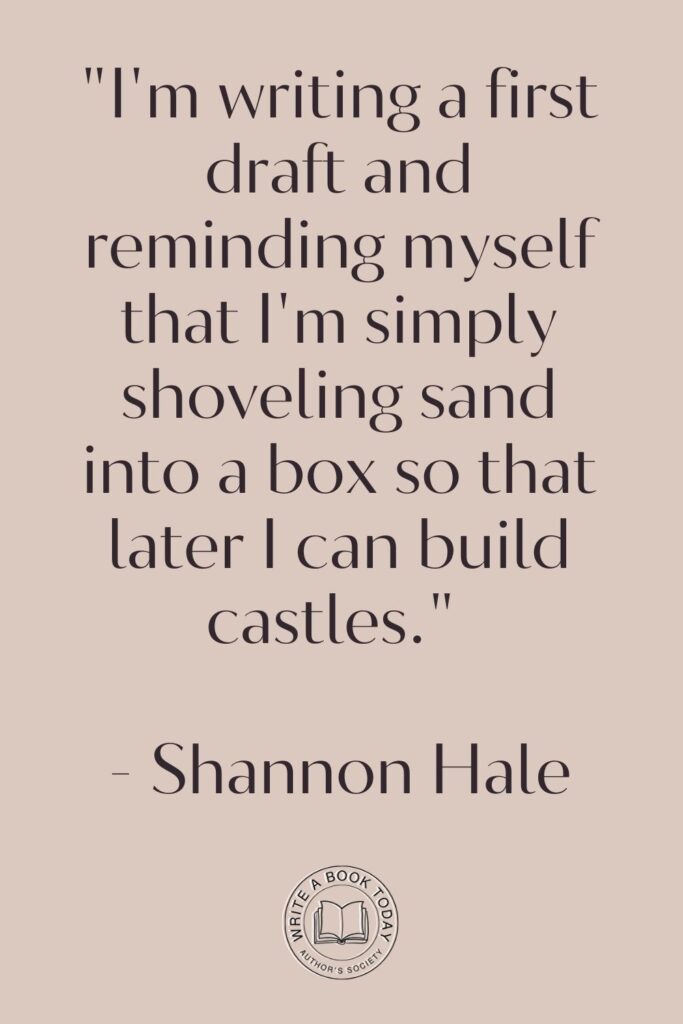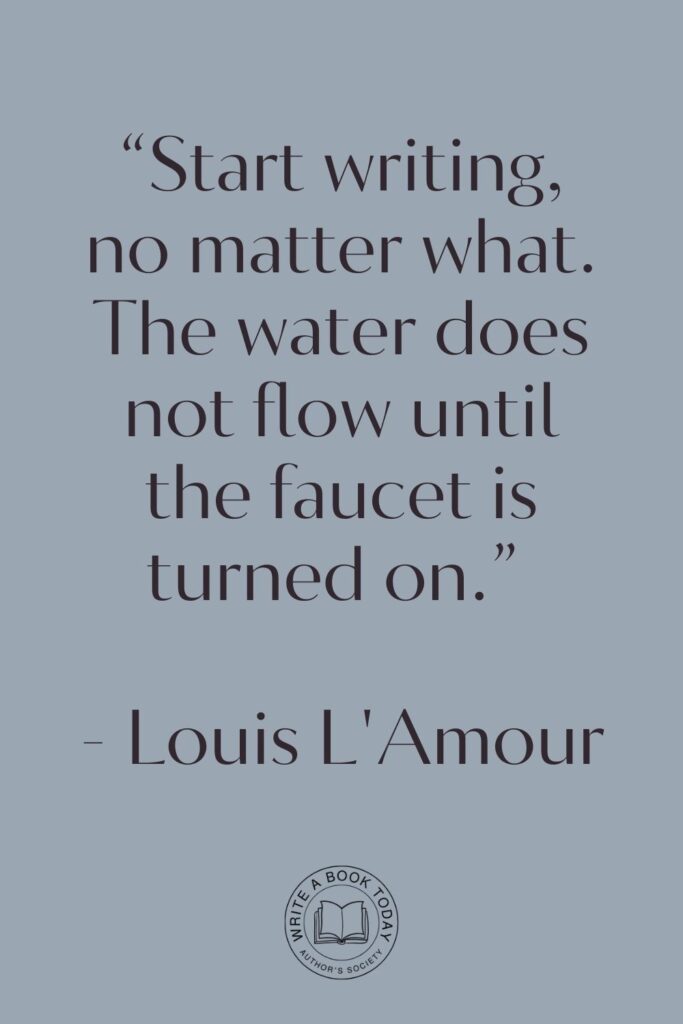Imagine holding a book in your hands that transports readers to another world. What if that book was yours? Every great novel starts with a spark of an idea, but to turn that spark into a roaring fire, novelists often need to ask the right questions.
These novel planning questions are not just checkpoints but gateways to creativity and clarity. Let’s explore how asking the right questions can transform your ideas into a compelling narrative.
The Importance of Novel Planning Questions
What makes a story stand out in the vast sea of literature? It’s the meticulous planning that anchors the narrative. Novel planning questions are the compass for writers, guiding them through the labyrinth of plot twists and character arcs.
Why Planning Matters for Novelists
Imagine embarking on a road trip without a map. You might stumble upon some interesting sights, but you risk getting lost. Similarly, planning is crucial for novelists because it provides direction and purpose.
It allows writers to anticipate challenges and devise solutions, much like an architect designing a building before construction begins. This foresight helps avoid pitfalls that could compromise the story’s integrity.
As renowned author Sophie Hannah explains, planning ensures that your novel has a solid foundation, much like an X-ray reveals the bones of a skeleton.
No marketing platform? No social following? No problem!
Publisher Rocket helps you market your debut novel like a pro.
It’s a gamechanger for debut authors – try it today!


Overview of Novel Development Strategies
Successful novel development strategies often include a blend of plot outlining, character mapping, and thematic exploration. These strategies streamline the writing process and enhance the narrative’s depth.
By addressing key questions for writers, authors can ensure their stories resonate with readers on multiple levels. A well-structured plan resembles a carefully orchestrated symphony, where each note contributes to the overall harmony.
Must-Know Questions for Effective Novel Planning
Embarking on a novel-writing journey requires more than just a good idea. It involves delving deep into the essence of your story through critical questioning. Here are five essential questions every novelist should consider:
What Does Your Protagonist Truly Desire?
Your protagonist’s desires are the driving force of your narrative. Whether it’s love, revenge, or redemption, understanding their core desires will help shape the plot.
Think of your protagonist as a ship navigating through turbulent waters; their desires are the wind in their sails, propelling them forward. A clear, tangible goal motivates your character and engages your readers, keeping them invested in the journey.
Consider the protagonist’s flaws and vulnerabilities to create a relatable character. These traits humanize the protagonist, making their journey towards achieving their desires more compelling and realistic.

What Are the Stakes of Failure?
Stakes are the lifeblood of any engaging story. They add tension and urgency, compelling readers to turn the page. If your protagonist fails, what will they lose? Whether it’s personal happiness, a loved one, or their very life, the stakes must be significant enough to matter.
Like a tightrope walker balancing above a yawning chasm, the threat of failure should loom large, keeping both the character and the audience on edge.
What Obstacles Stand in Your Protagonist’s Way?
Conflict is the engine of your story, driving it forward. Consider the external and internal obstacles your protagonist faces. These challenges not only test their resolve but also facilitate growth and transformation.
Imagine your protagonist as a knight facing a dragon; the obstacles are the fiery breath they must withstand to achieve their goal. Each challenge should escalate in difficulty, pushing your character to their limits and revealing their true nature.
| Type of Obstacle | Example |
|---|---|
| External | A rival seeking the same treasure |
| Internal | Fear of failure |
How Does Your Protagonist Change Throughout the Story?
Character development is the heart of your novel. As your protagonist navigates the trials and tribulations of their journey, they must evolve. This transformation is not just about achieving their goals but also about personal growth.
Picture your protagonist as a caterpillar transforming into a butterfly; their metamorphosis should be profound and believable. By the end of the story, they should emerge as a changed individual, offering readers a satisfying conclusion.
Why Should Readers Care About Your Story?
At its core, a story must resonate with its audience. Consider why readers should invest their time and emotions in your narrative. Is it the relatable characters, the gripping plot, or the universal themes?
Like a masterful painting that captivates viewers, your story should evoke emotions and provoke thought. It should linger in the reader’s mind long after turning the final page, leaving a lasting impression.

Writing Tips for Novelists
Crafting a novel is a marathon, not a sprint. Here are some writing tips for novelists to keep the momentum going:
Techniques for Overcoming Writer’s Block
Writer’s block can be a formidable foe, but it can be conquered with the right strategies. One effective technique is freewriting, where you write continuously without worrying about grammar or coherence.
This exercise can unlock new ideas and break the mental barriers holding you back. Additionally, stepping away from your work and immersing yourself in other creative activities can rejuvenate your mind, allowing fresh inspiration to flow.
Google Docs is for notes. Scrivener is for novels. Upgrade your writing game and try it for free today!

Balancing Plot and Character Development
A compelling novel strikes a delicate balance between plot and character development. While the plot drives the narrative forward, well-developed characters add depth and authenticity.
Think of your story as a dance, where plot and character move harmoniously, enhancing the other’s beauty. Ensure your characters’ actions and decisions are consistent with their personalities, creating a seamless and engaging narrative.
Consider creating character profiles to track their development throughout the story. This tool can help maintain consistency and provide insight into their motivations and growth.
Crafting a Strong Narrative Structure
The backbone of any successful novel is its structure. A well-crafted narrative structure ensures that your story unfolds smoothly, capturing the reader’s attention from start to finish.
Understanding the Three-Act Structure
The three-act structure is a classic storytelling framework that divides your narrative into setup, confrontation, and resolution. This structure provides a clear roadmap for your story, ensuring each act builds upon the previous one.
Imagine your novel as a rollercoaster ride, where the setup introduces the characters and world, the confrontation raises the stakes and tension, and the resolution delivers a satisfying payoff.

Building Tension and Conflict
Tension and conflict are the driving forces behind an engaging narrative. They create suspense and keep readers on the edge of their seats.
Consider how you can escalate conflict throughout your story, introducing new challenges and obstacles for your protagonist to overcome. Like a master chef adding spices to a dish, the right tension will enhance your story’s flavor, making it irresistible to readers.
Embracing the Writing Process
Writing is a journey; embracing the process can lead to a more fulfilling and rewarding experience. Here are some insights to guide you along the way:
The Role of Drafting and Revising
The first draft of your novel is just the beginning. Think of it as a rough sketch that lays the foundation for your masterpiece. Revising is where the magic happens, allowing you to refine your ideas and polish your prose.
As Ernest Hemingway famously said, “The first draft of anything is crap.” Embrace this mindset and approach revising as an opportunity to elevate your story to new heights.
Creating a Supportive Writing Environment
Your writing environment can significantly impact your productivity and creativity. Whether it’s a cozy nook in your home or a bustling café, find a space that inspires you.
Surround yourself with tools and resources that support your writing journey, such as notebooks, reference books, or a vision board. Remember, a supportive environment is like fertile soil, nurturing your ideas and allowing them to flourish.
Feeling lost with your debut novel?
Fiverr Pro connects you with expert editors, designers, and marketers – everything you need to get your book ready for success!

Getting Inspired and Taking Action
Inspiration is the spark that ignites your creativity, but taking action is what transforms that spark into a blazing fire. Here are ways to fuel your inspiration and propel your writing forward:
Finding Your Unique Voice
Your voice is your signature, setting your work apart from others. Embrace your unique perspective and let it shine through your writing.
Finding your voice may take time and experimentation like a musician developing their style. Trust in your instincts and allow your authentic self to guide your storytelling, creating a narrative that resonates with readers.
Read widely across different genres to discover new styles and techniques. This exposure can inspire you and help refine your voice, making it more distinctive and compelling.
Engaging with Writing Communities
Writing can be a solitary endeavor, but connecting with fellow writers can provide invaluable support and motivation. Join writing groups, attend workshops, or participate in online forums to share experiences and exchange feedback.
These communities offer a sense of camaraderie, reminding you that you’re not alone on your writing journey. Together, you can celebrate victories, overcome challenges, and grow as a writer.








